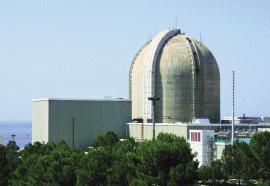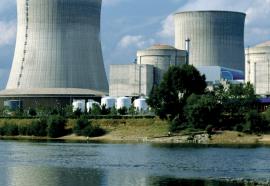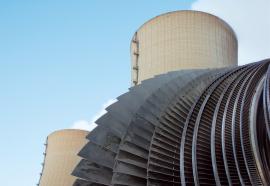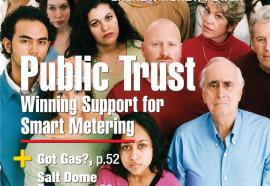AGs vs. Utilities
State attorneys general target energy policy issues.
As energy issues take center stage in the policy debate, state attorneys general increasingly are using their political influence and legal authority to affect a wide range of areas—from greenhouse-gas emissions to siting and development of infrastructure projects. Working constructively with state AGs can help utilities avoid becoming targets of investigation and litigation.











